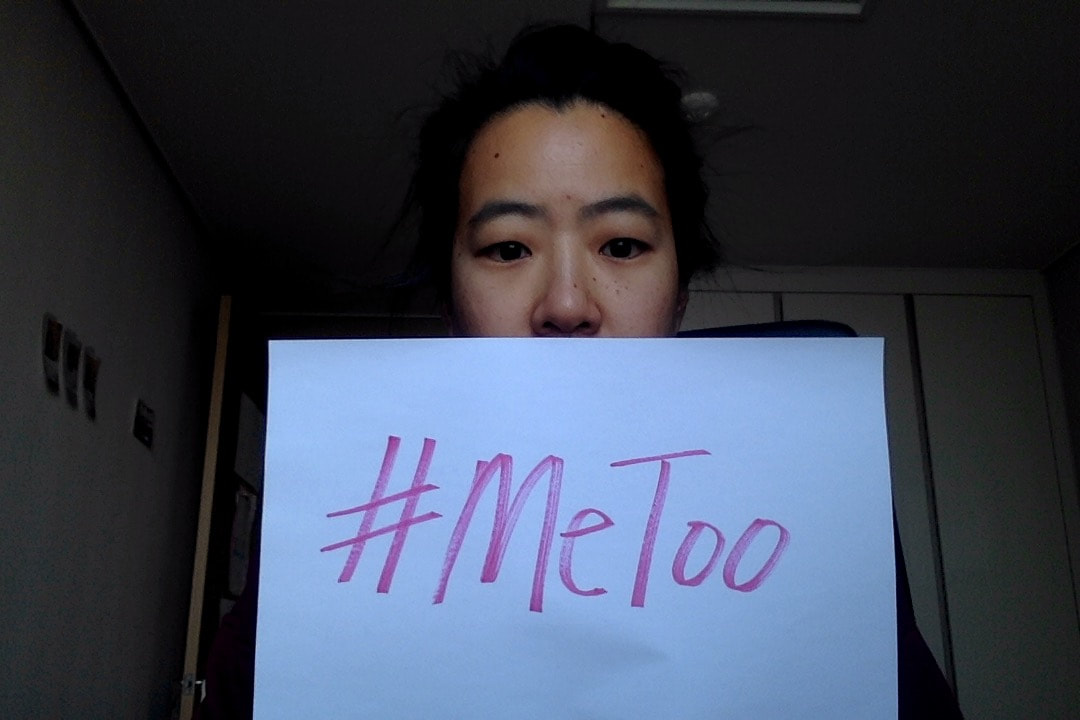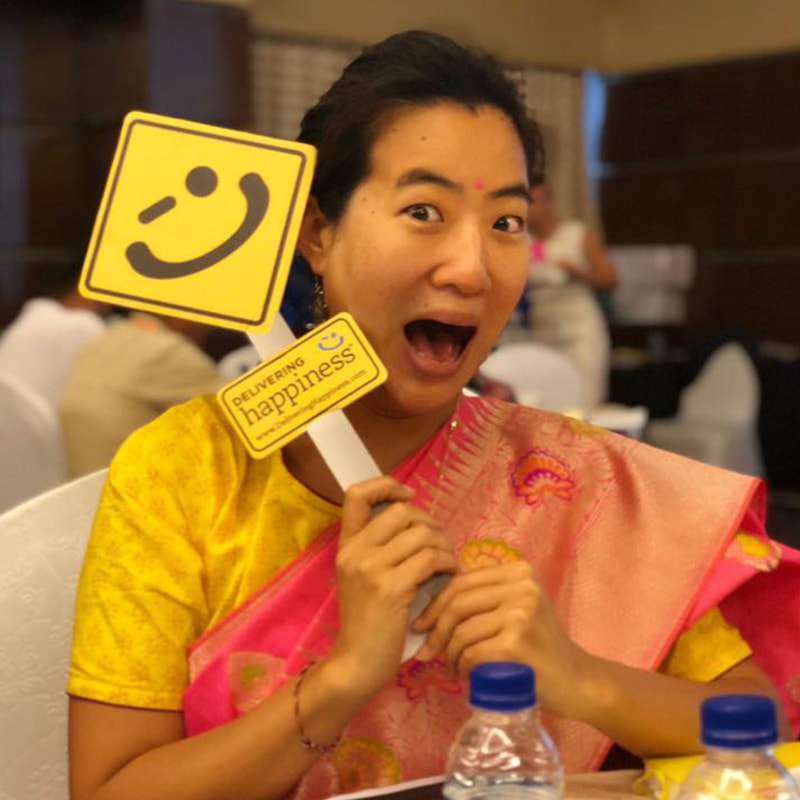|
Remember when you were younger, and you would love shouting out, "Me too, me three, me four!"? It gave you a sense of belonging. You fit in. You belonged in the world. And that bought you street cred on the playground.
Thanks in part to all of the women who have spoken out against Harvey Weinstein, and Alyssa Milano's #MeToo campaign, almost every single girlfriend of mine on Facebook has copy and pasted #MeToo. A male friend of mine, somewhat bewildered at just how pervasive sexual harassment/abuse seemed to be, commented on his Facebook that it would be helpful if people added a sentence or two about what they had experienced. Easier said than done. Let's just discuss some terminology briefly before moving on. In the media and most discussions surrounding any kind of violence against women, the words "victims" or "survivors" are often used. Having actually studied domestic violence and human trafficking at Harvard for my master's degree, I thought I was particularly progressive using the word "survivor." That is, until I met Emilia Lahti who will be running the length of New Zealand to raise awareness of Interpersonal Violence. She was recently awarded Finland's Young Person of the Year Award amongst her many, many accolades. Total badass. You can check her out here: https://www.emilialahti.com/. She recognizes herself as an "overcomer" of Interpersonal Violence and wants us human-beings all over the globe to change the way we see those who come out of Interpersonal Violence as people who have overcome something--something insurmountable. So let's use the word Overcomer. Those less sensitive to the plight of overcomers of sexual harassment/abuse questioned the women who came out decades later about Harvey Weinstein: "Why didn't the women come out back then? Why now?" We all know that back then, well, nobody would have listened and even if they did, facing a powerful tyrant like Weinstein, they would have lost their jobs. Furthermore even today, research has shown that 16% of overcomers who report abuse/harassment in the workplace felt that the situation actually got worse. 2/3 of women experience sexual harassment in the workplace. 80% actually reported it, and 3/4 of those who did said nothing really changed. Read more about it here: https://www.theguardian.com/film/2017/oct/10/why-did-no-one-speak-out-about-harvey-weinstein Even when we come out more informally, to colleagues or friends, we may not get the reaction we expect or worse, well, you just feel worse. In a conversation with two good girlfriends of mine, we were bemoaning the Harvey Weinstein women and how they were judged for coming out all these years later. One of these two friends told us how she had been sexually harassed by a male co-worker, and how she had told some friends of hers soon after. One friend said, "It happens to me all the time." The other friend said, "But you are so high up in your company, how is that possible?" Neither response really made my friend feel any better about what had happened to her. At all. So here is my #MeToo story that took place in China, almost a decade ago. It was 1999, and I was studying abroad in Beijing at the Beijing University. I had landed an internship at The China Travel Service (CTS), one of the largest government-run travel agencies at the time. My boss was a loud, impatient man who would throw phones (back then they were larger than they are today), yell when he didn't get his way, and it was rumored he became the boss because of who he knew, not how well he actually did his job. One weekend, I was blissfully on my way home after a swim at the swimming pool (I had gleefully found in the same building as CTS), when I ran into my boss. Up until that point, I had always thought of him as a father figure. Ok, an angry and slightly aggressive father figure, but a father figure nonetheless. He asked me if I wanted to see our new office space on the first floor, so I thought Why not? And followed him naively to the first floor. It was a weekend so no one was around. "I will miss you when you go back to your country," he said referring to the fact that my internship was ending and I would soon go back to the U.S. "Yes, I will miss you too..." Then before I knew it, he had lifted up my tank top, and started trying to feel up my breasts. I was stunned. I knew if I pissed him off, I may not get paid, I may end up in prison in China, and I don't even know how I would use my broken Mandarin skills to get myself out of any kind of crazy situation...My mind was racing a thousand miles a minute. I quickly grabbed his arm, and told him we should go downstairs to the lobby (knowing that there would be more people around). Fortunately, he agreed. It took me months before I could even tell my close friends. I have not yet even told my parents about that incident. It's not something you can bring up easily in conversation. "Oh yeah, by the way, I was sexually assaulted by my boss...in China..." But here is what I say. Why not create spaces (offline or online) where we CAN talk about this stuff without fear of judgment, shame, or rape/death threats, or alienation, or any of it? On that playground, where you can exclaim "ME TOO, ME THREE, ME FOUR!" without any kind of fear, just acceptance, let's create that playground space for adults to speak freely too. Let's create a place for overcomers to truly feel they can overcome anything.
0 Comments
Leave a Reply. |
Kyla MitsunagaHappiness coach, Theta Healer®, author, WITH Warrior in Chief <3 Categories
All
Archives
July 2021
|
© 2020-2024 KYLA MITSUNAGA
website by www.coffeecatskimchi.com
website by www.coffeecatskimchi.com


